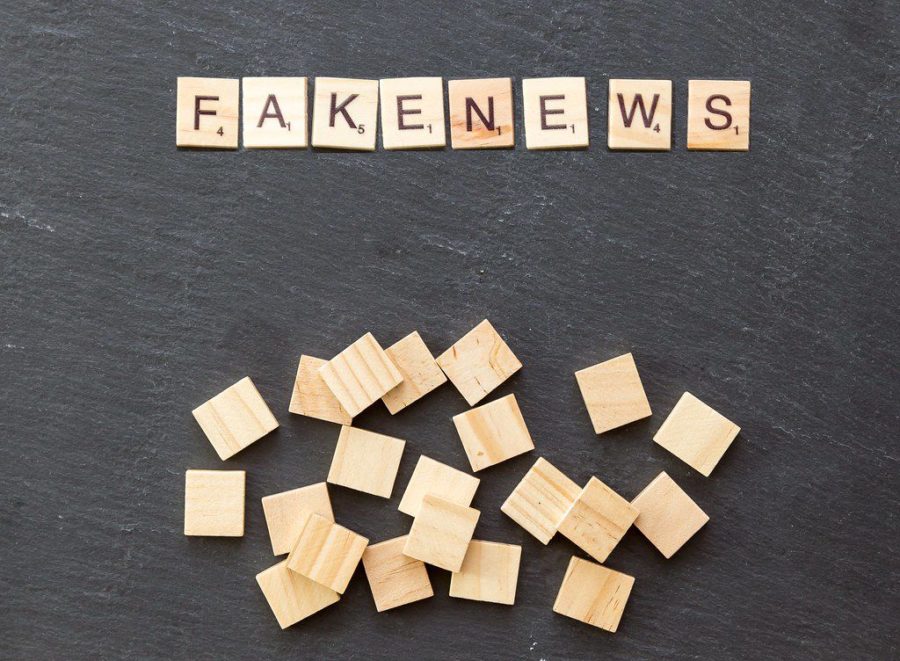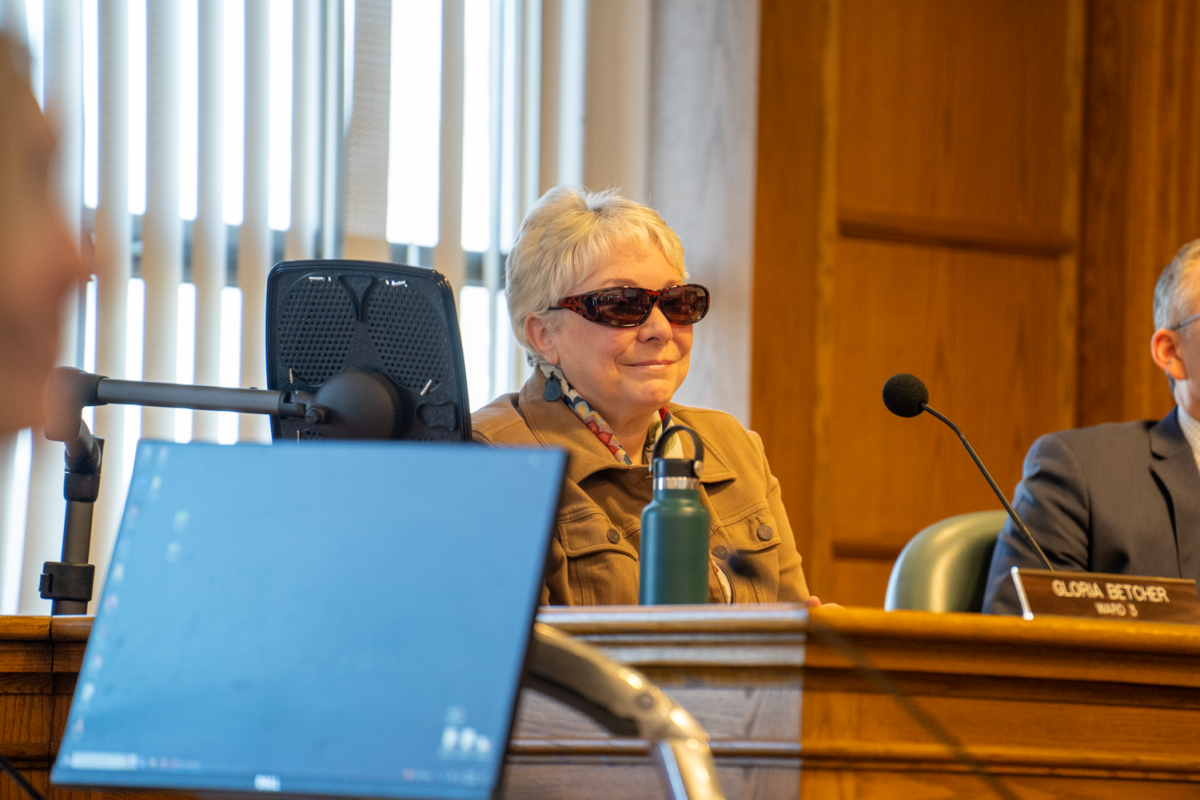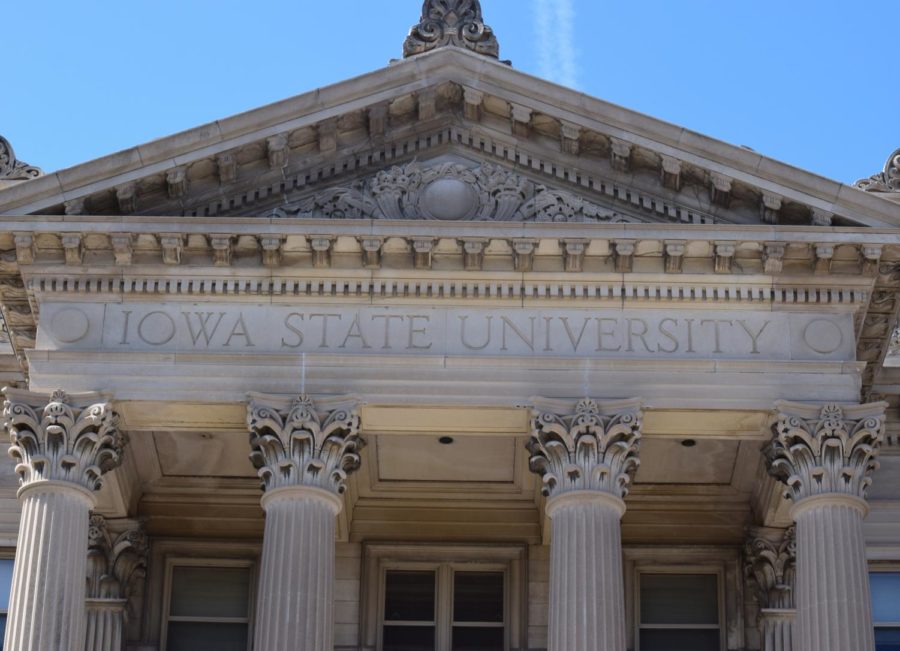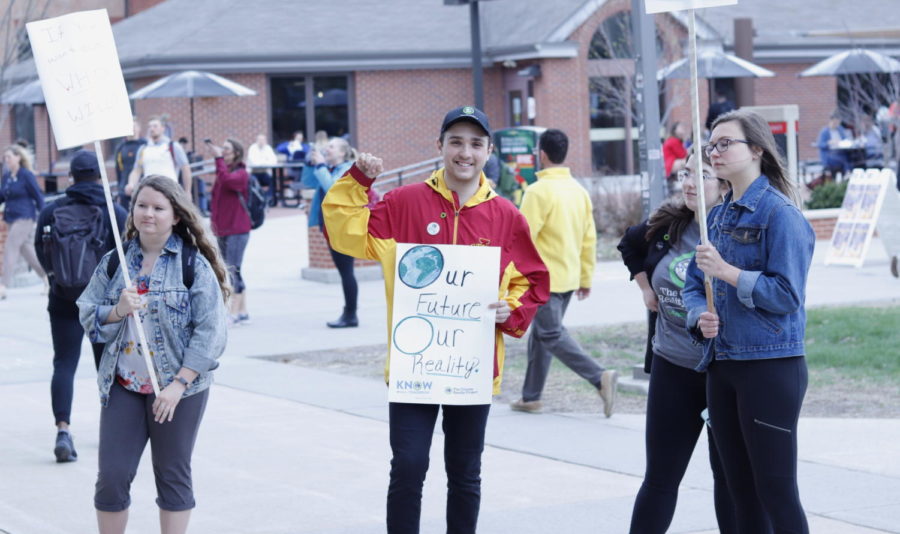Editorial: Fact check before you share
The ISD Editorial Board explains how misinformation spreads on social media and encourages users to fact check their information before they share it.
March 3, 2021
False information, fake news, deliberately altered statements — the internet is full of it. Millions of people every day fall for false information unknowingly or choose to spread it to suit their own needs. Thankfully, the internet is also full of fact checkers.
A fact checker is a person or website that works to verify the factual accuracy of information and statements on the internet. Almost every big news organization dedicates part of their time and staff to providing fact-checking to their audiences so that when big news hits the internet, the general public has a way to find out if that information is true or not.
News headlines themselves and news spread on social media can often seem to be alarming. That is because they aim to trigger emotional responses from the consumer and encourage them to either read the article or share it simply for the headline. In an era when news spreads so quickly thanks to social media, it is often difficult to distinguish between what is real and what is fake.
Fake news is dangerous, and what makes it so dangerous is the people writing it, because unlike responsible journalists, they are not restrained by the truth. They can twist the words of a speech or cherry-pick items from legislation or spread information solely based on rumor or prejudice.
One of the best places to find fake news and false information is Facebook, which, according to a new study published in the journal Nature: Human Behavior, is worse than Google, Twitter and webmail providers such as AOL, Yahoo! and Gmail.
The study tracked the internet use of over 3,000 Americans in the lead-up to the 2016 presidential election and they found Facebook to be the referrer site for untrustworthy news sources over 15 percent of the time.
When it comes to political information and elections, fake news and false information seems to be adrift at even higher rates, and that is most likely due to those seeking out fake news via Facebook and other referrer platforms are likely visiting those sites as a way to reaffirm already existing beliefs and opinions.
The study compounds that idea by finding that while 44.3 percent of Americans visited at least one untrustworthy news site during the final weeks of the 2016 election campaign, it did not replace them seeking hard news.
The authors of the study said, “Those who consume the most hard news tend to consume the most information from untrustworthy websites — in other words, they appear to be complements, not substitutes.”
So it seems that fake news and false information can stem in more ways than one and people will still consume it. We, the Iowa State Daily Editorial Board, cannot stop anyone from reading or sharing what they read, but we are encouraging you to fact check your information after reading it and before you share it so that when you make decisions in your life — from voting in an election to choosing a hair care product — you do what follows the best information.
So what can you do to stop yourself from spreading fake news and false information?
A good first step is when you see an outrageous headline, read the story. See if the story fits the headline or if you were just catfished by buzzwords.
Then if the story itself seems to be presenting something that elicits an emotional response from you in one way or another or is trying to sway you to think about something in a certain way, do your own research. Find at least two other sources that are from different news organizations and by different authors and check to make sure they aren’t just rewrites of the original post you read. If the other sources contradict the original in a factual way, don’t share it.
A good way to do your research is also to check fact checking websites and fact checkers from reliable news organizations. Here are some that we recommend:
Finally, check your biases. If you are Conservative, moderate or Liberal, don’t limit your information to just sources that cater to your specific audience. Read outside your political affiliation, but always make sure to fact check the information you are taking in.

















